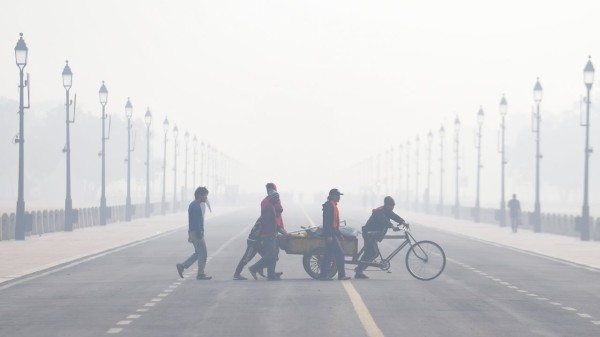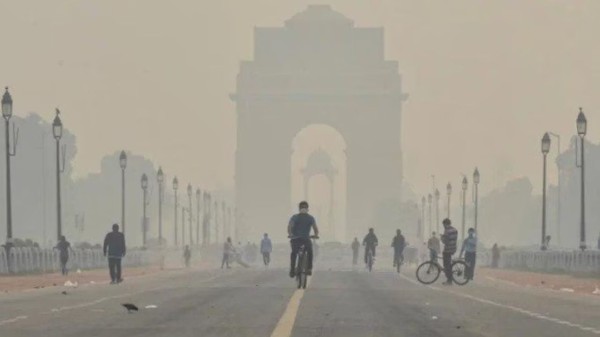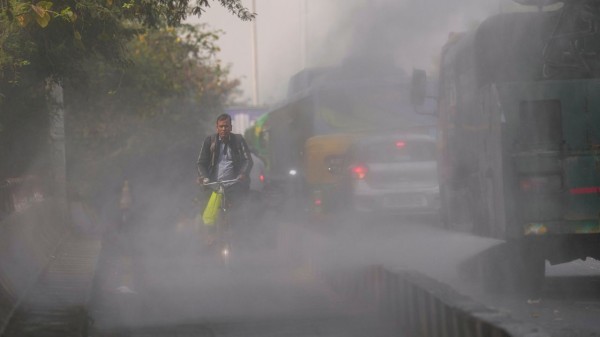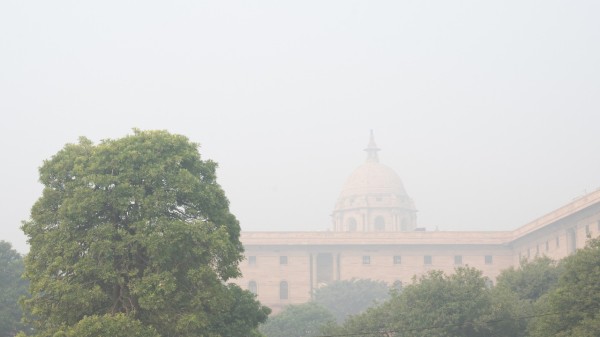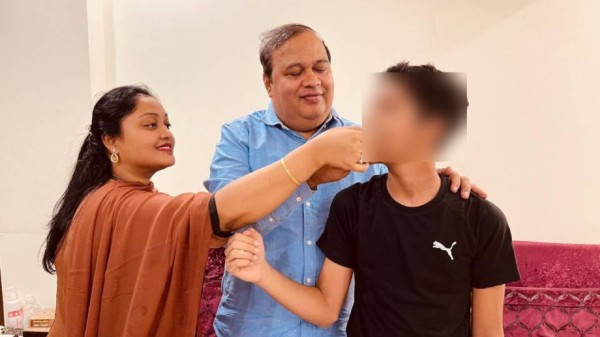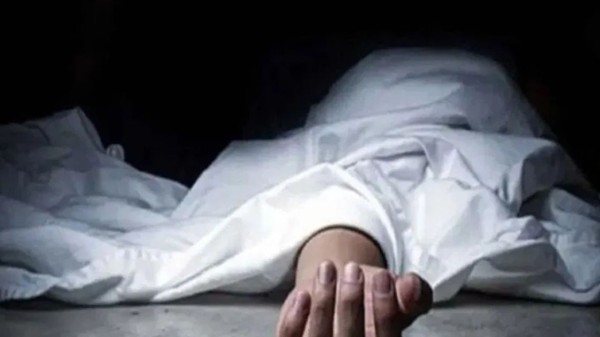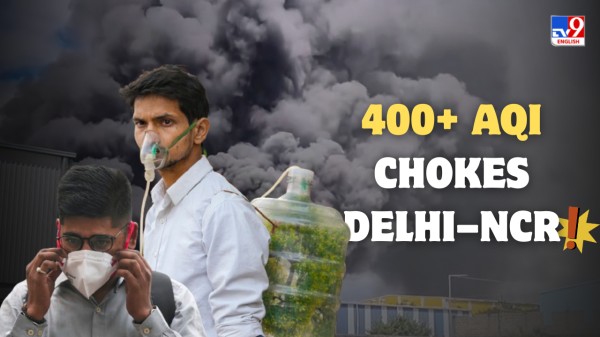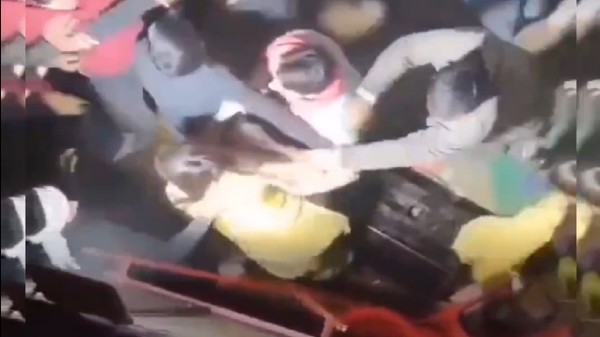

By signing in or creating an account, you agree with Associated Broadcasting Company's Terms & Conditions and Privacy Policy.


By signing in or creating an account, you agree with Associated Broadcasting Company's Terms & Conditions and Privacy Policy.

New Delhi: Delhi government school students are set to study the Rashtriya Swayamsevak Sangh (RSS) as part of a wider curriculum focusing on freedom fighters and democratic values under a new initiative titled ‘Rashtraneeti’.
The programme, currently being finalised, will include lessons on the history of the RSS, its prominent leaders, and its social initiatives, such as relief efforts during the Kedarnath and Bihar floods, as well as the Covid-19 pandemic. Contributions of notable figures associated with the organisation, including former Prime Minister Atal Bihari Vajpayee and current Prime Minister Narendra Modi, will also be covered.
Alongside the RSS-focused lessons, students will study nationalist leaders and freedom fighters such as Veer Savarkar, Shyama Prasad Mukherjee, Sardar Vallabhbhai Patel, and Subhas Chandra Bose. The curriculum will also feature a section on “unsung heroes,” highlighting lesser-known individuals who contributed to India’s independence and nation-building.
Launched on September 18 during the Namo Vidya Utsav by Chief Minister Rekha Gupta and Education Minister Ashish Sood, the ‘Rashtraneeti’ programme will be rolled out from kindergarten through Class 12 in all Delhi government schools. The initiative aligns with the National Education Policy (NEP) 2020, Fundamental Duties, and Sustainable Development Goals.
The programme aims to foster civic responsibility, ethical leadership, and constitutional awareness among students. It will incorporate student sub-committees, youth parliaments, electoral literacy clubs, and field visits. Special ‘Rashtraneeti’ sessions are scheduled for the first and third Saturdays of each month.
While teacher manuals have been prepared and training sessions are ongoing at the State Council of Educational Research and Training (SCERT), handbooks for students are not yet available. Preparations currently focus on forming school committees and training educators, with the allocation of chapters to specific class groups still under discussion.
